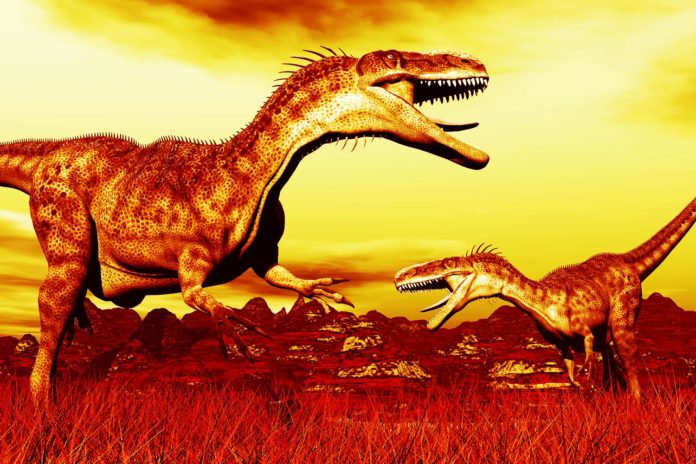
According to a new study, Mars is emerging from a 400,000-year thaw. The recent research may also give NASA scientists more information about the Red Planet. Information scientists can possibly use to understand Earth’s changing climate better. The Mars ice age ended roughly 400,000 years ago, yet the planet is still pretty frosty. Scientists believe that the massive amount of ice that once accumulated around the Martian poles could be the reason. The study’s findings noted that if all that ice was spread over Mars, the planet would be covered in an ice layer two feet thick.
Mars Similar to Earth
The recent study published in the journal Science has discovered that the Red Planet underwent multiple ice ages. The most recent ice age ended around 400,000 years ago. This may make the Red Planet not so different from Earth. Like Earth, Mars goes through climate change cycles. These cycles are the result of the Martian planet’s tilt. However, this climate changing tilt is unlike Earth. The tilt is caused by the planet’s instability, since it doesn’t have a moon-like Earth to keep it balanced. A NASA Orbiter collected the data using radar images.
Scientists Make Mars Laboratory
The recent study is an indicator that Mars is still changing and will continue to change. This possible change could be a good sign for the Red Planet. Especially since they are looking toward the Red Planet for future colonization. The study may also shed light into Earth’s changing climate as well. Researchers said that Red Planet is a very good laboratory. The Red Planet is essentially a model for how to make changes on Earth. If climate change on Earth can be altered. Wait a minute. If Mars had an ice age, and Earth had an ice age, then maybe we share similar organisms too.
Is NASA Searching for Ice Age Dinosaurs?
Scientists on Earth have long thought an ice age was to blame for the extinction of dinosaurs. Could this same ice age extinction have happened on Mars? The 2020 NASA mission to the Red Planet has been said to be a search for ancient civilizations and possible organisms. Maybe NASA is looking for dinosaur fossils. And if dinosaur fossils exist, than human remains may also be plausible. It could bring about a real life Jurassic Park if NASA astronauts find a perfectly frozen dinosaur egg. The possibilities could be endless.

















